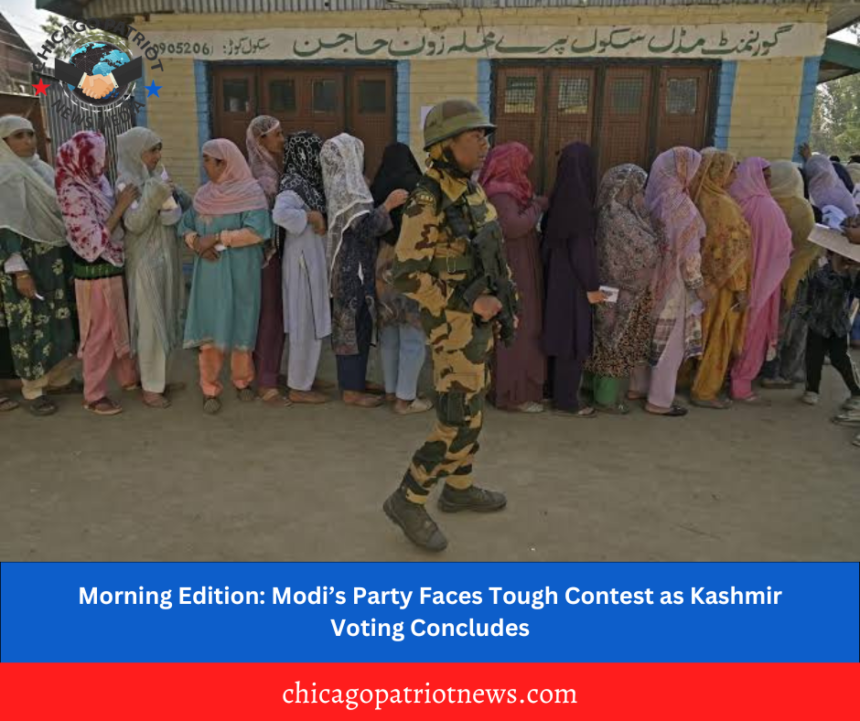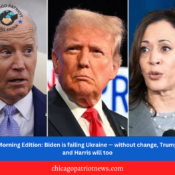Chicago – October 03, 2024
India’s northern-most region of Jammu and Kashmir concludes local elections on Tuesday as concerns mount of an uncertain outcome that may delay economic progress in the restive province.
The only Muslim-majority region in Hindu-dominated India held three phases of elections beginning from Sept. 18. About 8.7 million registered voters are picking candidates for 90 assembly seats. The party with half the seats can form the government and choose its chief minister, although it’s more likely a group of parties will need to form a governing coalition.
Results will be announced on Oct. 8 alongside the outcome of local elections in the northern state of Haryana.
Prime Minister Narendra Modi’s Bharatiya Janata Party is facing stiff competition from regional groups in Jammu & Kashmir, which have typically governed there, and the Indian National Congress, the country’s main opposition party.
The Congress party has allied with Jammu and Kashmir National Conference, one of the main regional groups, to keep the BJP out. They are campaigning on a pledge to restore statehood after Modi’s government stripped the region of its semi-autonomy in 2019 and removed constitutional guarantees that gave residents special rights. Since then, Jammu and Kashmir has been directly controlled by the federal government in New Delhi.
A non-BJP government in the region, which is still ultimately controlled by the federal government in New Delhi, may continue to be hamstrung in making policy.
An arrangement with various players “doesn’t add up to the stability” in the region, said Rasheed Kidwai, a political analyst and author on Indian politics. Regional parties want a restoration of statehood, and if they win “for the next five years, we are going to see a confrontation between New Delhi and Srinagar,” he said.
The BJP is contesting 62 out of the 90 seats up for grabs and is leaning on other regional parties and independent candidates to boost its support in the assembly. The party’s campaign has focused on pledges to create 500,000 jobs, bringing in investments, and giving handouts like free laptops and stipends to students.






